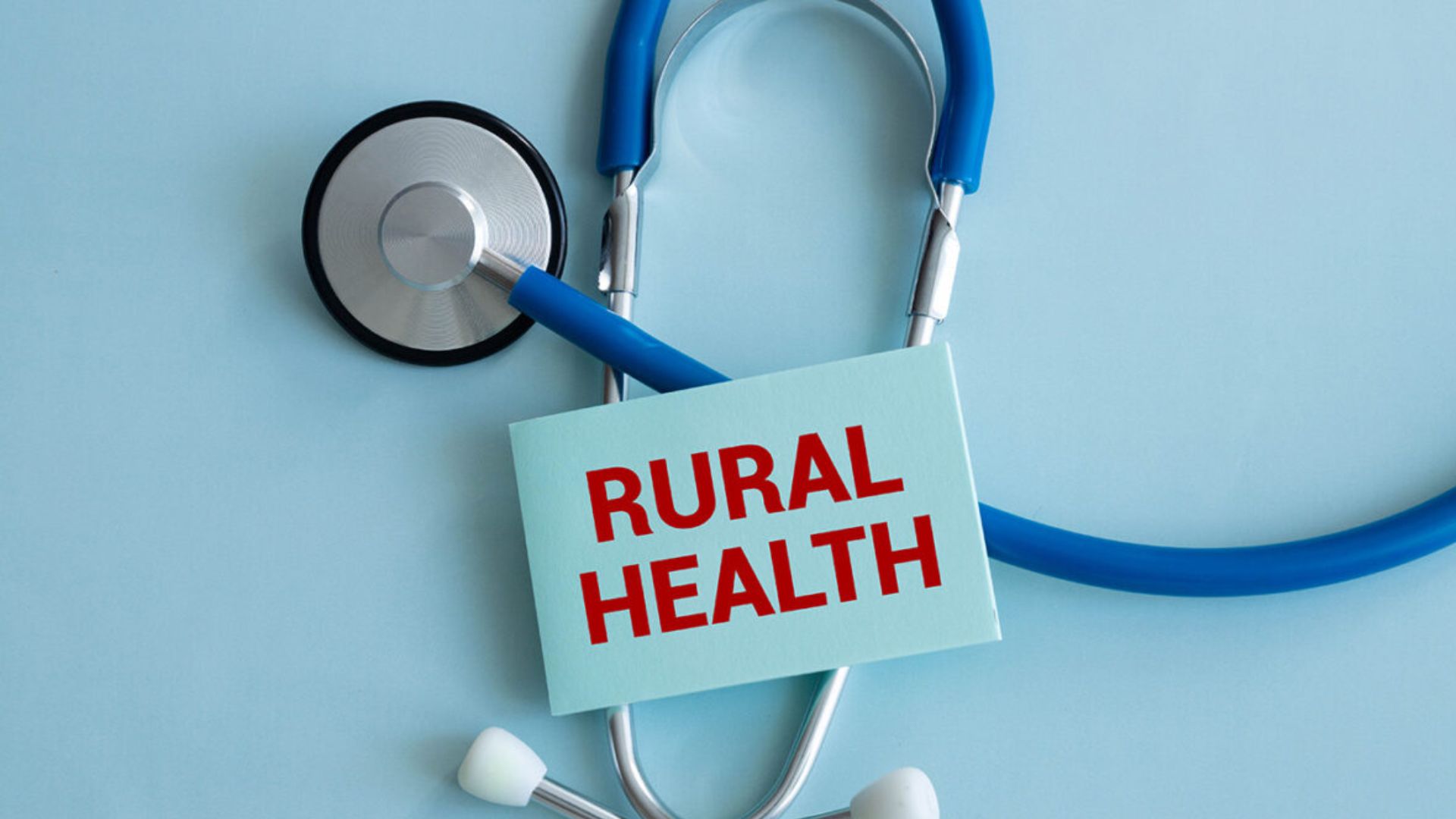Little Rock, Arkansas – The Arkansas Rural Health Partnership (ARHP) has secured a $500,000 grant aimed at addressing the growing shortage of emergency medical services (EMS) providers in rural Arkansas. The grant, awarded through the Delta Regional Authority’s SEDAP program, will fund the creation of a state-of-the-art mobile, simulation-based emergency medicine training unit and the purchase of two advanced pediatric simulators, providing unprecedented training opportunities for EMS responders across the Arkansas Delta.
ARHP officials emphasized that the Delta region continues to face a critical shortage of EMS providers, leaving many rural communities with limited access to lifesaving emergency care. The newly funded initiative, known as Mobilizing Arkansas Delta Emergency Medical Responders (EMR) for Regional Impact, is designed to address this shortage by dramatically expanding training capacity and improving the quality of care available throughout the region.
“This state-of-the-art simulation training unit will be transformative for our region. It will allow us to expand hands-on training opportunities for emergency medical responders and enhance the quality of care available to rural communities across the Delta,” said Mellie Boagni, ARHP Founder, President & Chief Executive Officer.
The mobile training unit will serve as a fully equipped, simulation-based teaching ambulance, allowing instructors to deliver high-quality, on-site clinical instruction for EMR, EMT, AEMT, Paramedic, and Community Paramedic programs. With the addition of advanced pediatric simulators, trainees will have access to realistic, hands-on scenarios that replicate the challenges of treating children in emergency situations, enhancing both confidence and competence among responders.
ARHP officials noted that the grant comes at a critical time. Rural EMS providers are in short supply, and demand for emergency medical services continues to rise. By deploying a mobile training platform, ARHP can bring training directly to communities that might otherwise lack access to advanced EMS instruction, reducing travel burdens for trainees and ensuring a more immediate impact on workforce development.
“The investment will support the purchase of a simulation-based teaching ambulance and two pediatric simulators, which together will allow ARHP and its partners to deliver high-quality, on-site clinical instruction for EMR, EMT, AEMT, Paramedic, and Community Paramedic training programs throughout the Delta,” ARHP said in a press release. “Over the next two years, the project is expected to train at least 124 individuals living and working in the Arkansas Delta.”
The program’s mobile format is particularly well-suited to the rural landscape of the Delta, where small towns and communities often face barriers to accessing traditional training centers. By bringing the simulation unit directly to these locations, ARHP aims to increase both the number of trained EMS providers and the overall quality of emergency care available across the region.
Officials say the grant is more than just an investment in equipment—it is an investment in the health and safety of rural communities, giving local residents better access to emergency medical care and creating pathways for individuals interested in pursuing careers in EMS. Trainees will gain hands-on experience in realistic clinical settings, preparing them for the high-pressure environments they will face on the job.
The ARHP project represents a significant step forward for rural emergency medical services, combining innovative technology with strategic outreach to ensure that even the most remote areas of the Arkansas Delta can benefit from high-quality, life-saving training. By equipping the next generation of EMS professionals with the skills and experience they need, ARHP is helping to strengthen the region’s emergency response network and enhance the safety and wellbeing of its residents.



















